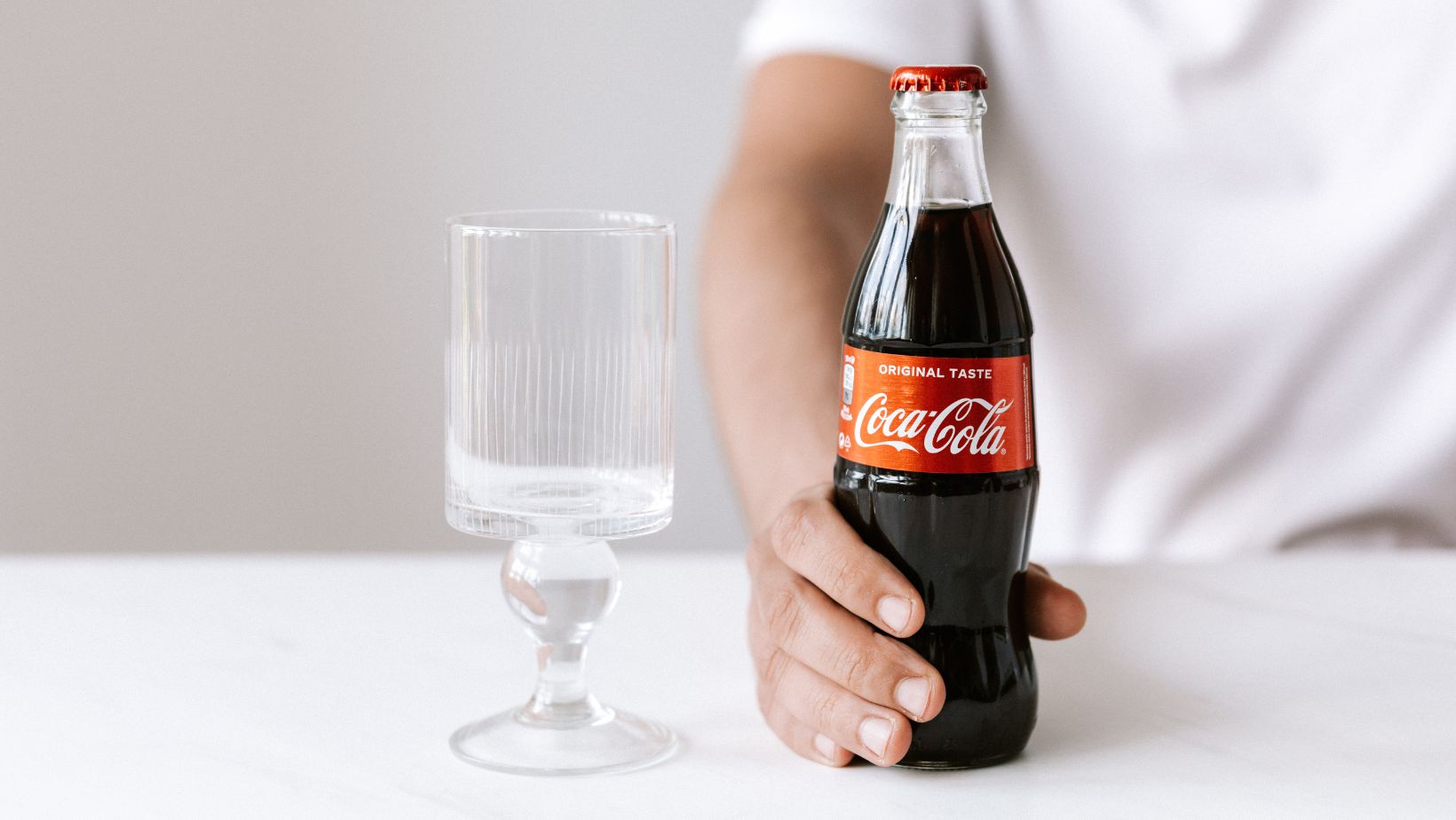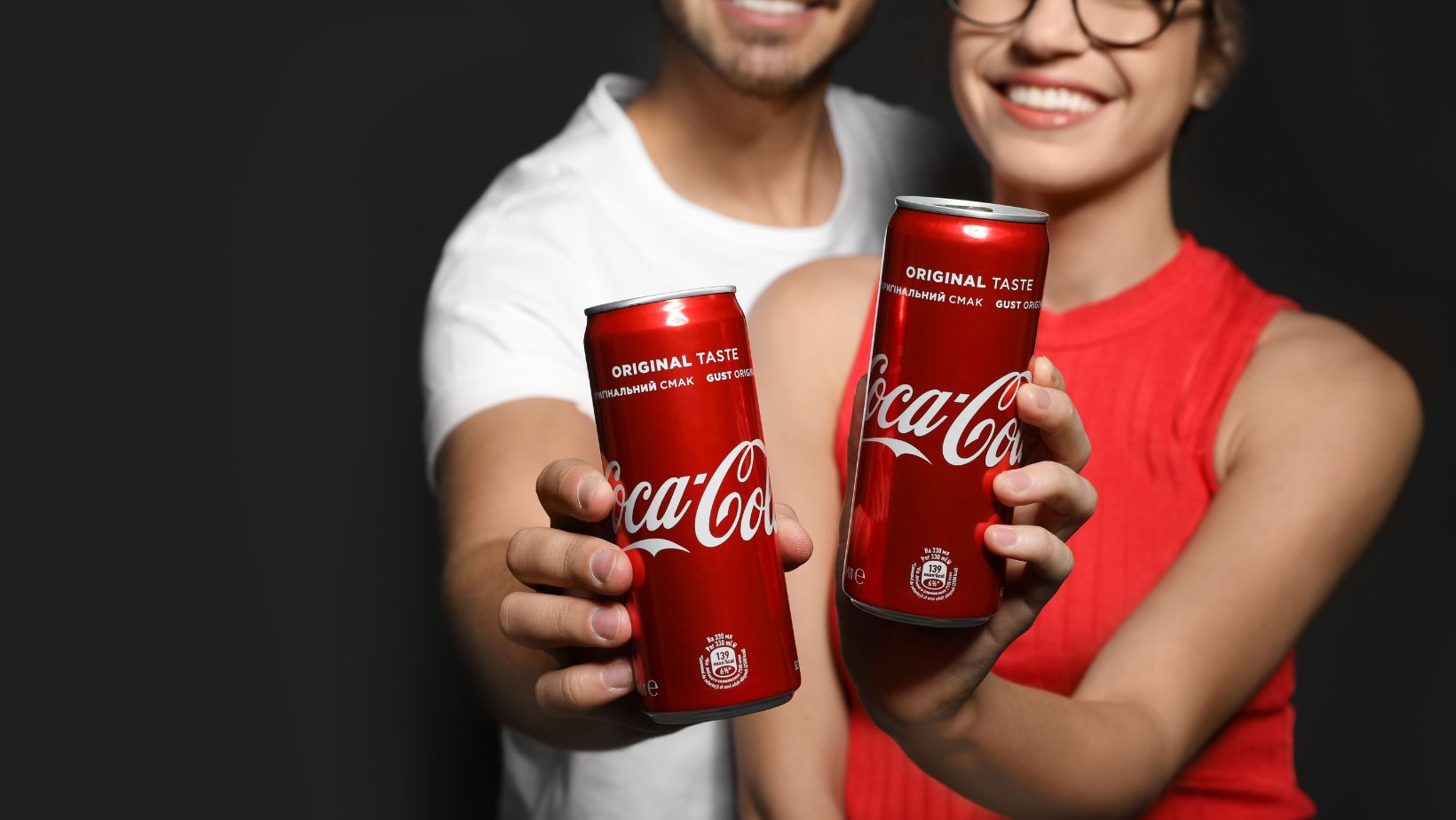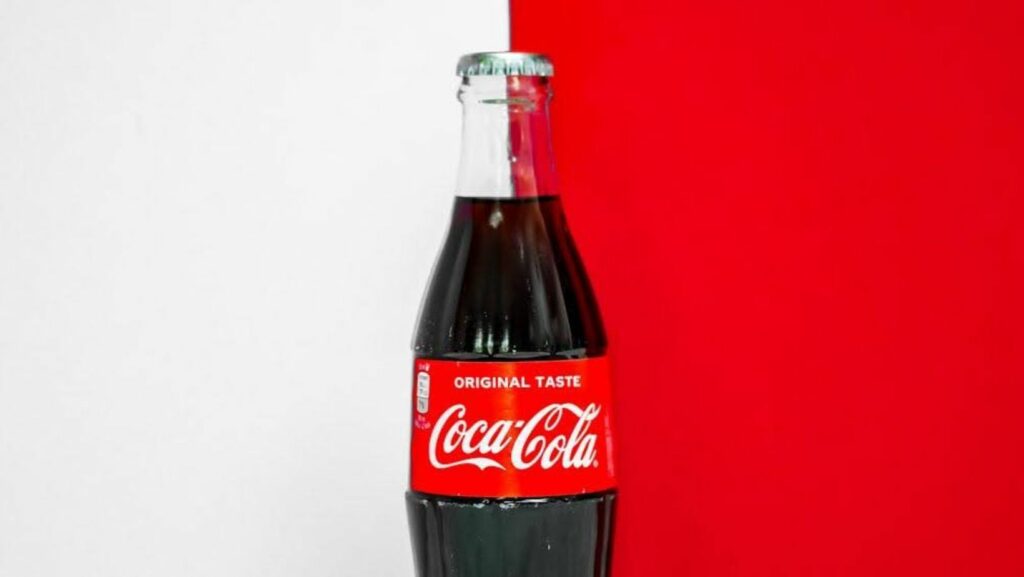Coca-Cola might be one of the most appreciated companies in the world. Beyond creating a refreshing and delicious drink, the business became renowned for its approach to engaging with customers – and even employees. It has developed a blockchain-based system to enroll stakeholders and tremendous loads of data, the technology that’s mostly known for powering cryptocurrencies. Data from crypto exchanges shows that Bitcoin’s popularity may be nowhere near its peak, with the same is true for blockchain, too. This niche has plenty of room to keep evolving, being enough to look at humbler choices, like the ETH coin price, to grasp the massiveness of the sector.
Everyone knows the Coca-Cola Christmas commercial or the Happiness Machine, so the company branded itself as an experience of gathering people together rather than a simple beverage.
But besides the features it’s most famous for, Coca-Cola has constantly reshaped its business and adapted it to market demands, nurturing innovation and receiving a sixth place in the world for the “World’s Most Valuable Brands” according to Statista.
It maintained its brand idea for Coke but expanded in the beverage industry through hydration drinks, alkaline water, and authentic tea products, so it continued experimenting with recipes and products.
One of the latest developments brought in the company involves a more technological approach, as Coca-Cola is testing the waters with artificial intelligence. However, it recognizes the importance of human intelligence in the business sector, which is why it successfully blends both.
Coca-Cola Sees Ai As A Tremendous Growth Opportunity
In a recent interview, the company’s marketing president discussed the importance of digital knowledge, analytics and artificial intelligence for companies, as they can cultivate creativity. He also compared the current AI revolution with the internet breakthrough in the ’90s ―meaning a dramatic change may be due soon.
Coca-Cola uses artificial intelligence for multiple purposes. First, it enhances in-store engagement through innovative point-of-sale materials, which are a great marketing tool for gaining customers’ attention.
Other use cases include gathering and processing data to better understand customers and changing market dynamics. Given this strategy, Coca-Cola came up with an ingenuous idea of AI-based Christmas cards for the 2023 festive campaign. Capitalizing on AI-powered trend services also helps Coca-Cola look into the future of the company. The project led to the creation of Coca-Cola®Y3000 Zero Sugar, which seems to be the drink of the year 3000.
The Use Of Ai Requires More Regulation
The company also recognized the challenges that AI could bring, especially due to its newness. More governance is needed to sustain AI-based projects, so the business delegated the task of approving or declining them based on the current legislation.
Therefore, Coca-Cola is taking a slow but steady approach to technology because it acknowledges the need to learn new things quickly. Companies that can adapt to AI will surely benefit from it later when it becomes mainstream.
Indeed, even if Coca-Cola hadn’t been so open to AI, its strategies and collaborations would keep it relevant for some time. Partnering with UEFA Europe or the Olympics is a recent example of how needed the brand and products are in the world.
Coca-Cola Is A Mindset-Oriented Company
In the same interview, the director emphasized the importance of human-based strategies and decisions because AI can take you so far in the marketing world. Compared to artificial intelligence, the concept of “human intelligence” is prioritized more than ever, as companies want to offer a customer experience as humanly as possible.
However, the regression of AI is not possible, so businesses can best leverage collaboration between AI and HI for seamless partnerships and business strategies. Factors like privacy, security and decision-making are considerably important in harnessing genuine and ethical business models.

That’s why Coca-Cola bases its decisions on an innovative mindset rather than creating new goals. It wants to maintain an approach of curiosity and continuous learning. So, instead of being disappointed by not achieving a goal in a certain period of time, the company prefers to adapt its attitude towards products or marketing strategies.
How Is Pepsico Performing Compared To Coca-Cola?
Pepsi has been Coca-Cola’s most significant competitor forever because the two beverages taste similar. However, their expansion took different paths. Coca-Cola focused on improving its formula and brand signature, while Pepsi entered the snack sector, owning Doritos, Fritos, and Dr. Pepper.
Part of this continuous rivalry triggered massive competition, so the businesses went on to develop one creative marketing campaign after another. At the same time, to win the competition, the two companies also leveraged low consumer prices for the market share to expand. Pepsi’s most memorable commercials remind us of collaborations with celebrities, like the unforgettable video music “We Will Rock You”, where Britney Spears, Beyonce, Pink and Enrique Iglesias were featured.
Unfortunately, the fierce competition also led to controversial media outrage since some considered the companies to impose market monopolization and unethical marketing tactics aggressively. Of course, when two companies of this caliber fight for supremacy, it’s easy for personal interests to collide with business.
What Can Swot Tell Us About The Two Companies?
There’s nothing clearer about a company’s condition than the SWOT analysis, and every business must create it frequently. The tool is also important for consumers to make better decisions about their currently used products.
Coca-Cola’s SWOT shows us that:
- It’s got a great strong brand identity and value;
- It’s competing with Pepsi and lack product diversification;
- It can extend to RTD industries and lessen sugar in products;
- It faces pollution lawsuits, and controversy about using water;
On the other hand, PepsiCo has:
- A strong leadership and efficient supply chain;
- An over-dependence on carbonated beverages and sustainability lawsuits;
- A chance to enter the organic market and approach e-commerce;
- Intense competition and challenging changing customer preferences;
Therefore, as you can see, both companies have the opportunity to improve their environmental impact, but their strengths make them rule the market for different purposes.
What’s Your Take On Coca-Cola?
Coca-Cola is among the oldest businesses in the world, and it has thrived until this day, for a good reason.

The delicious beverages and innovative ad campaign made Coca-Cola a brand close to its customers, surprising them with unique and fun partnerships and content. Its success is given by continuous innovation, as it has slowly approached artificial intelligence in its human intelligence programs, stealing the competition. Still, PepsiCo is closely following in its footsteps, having expanded its product range to snacks and healthy beverages.
